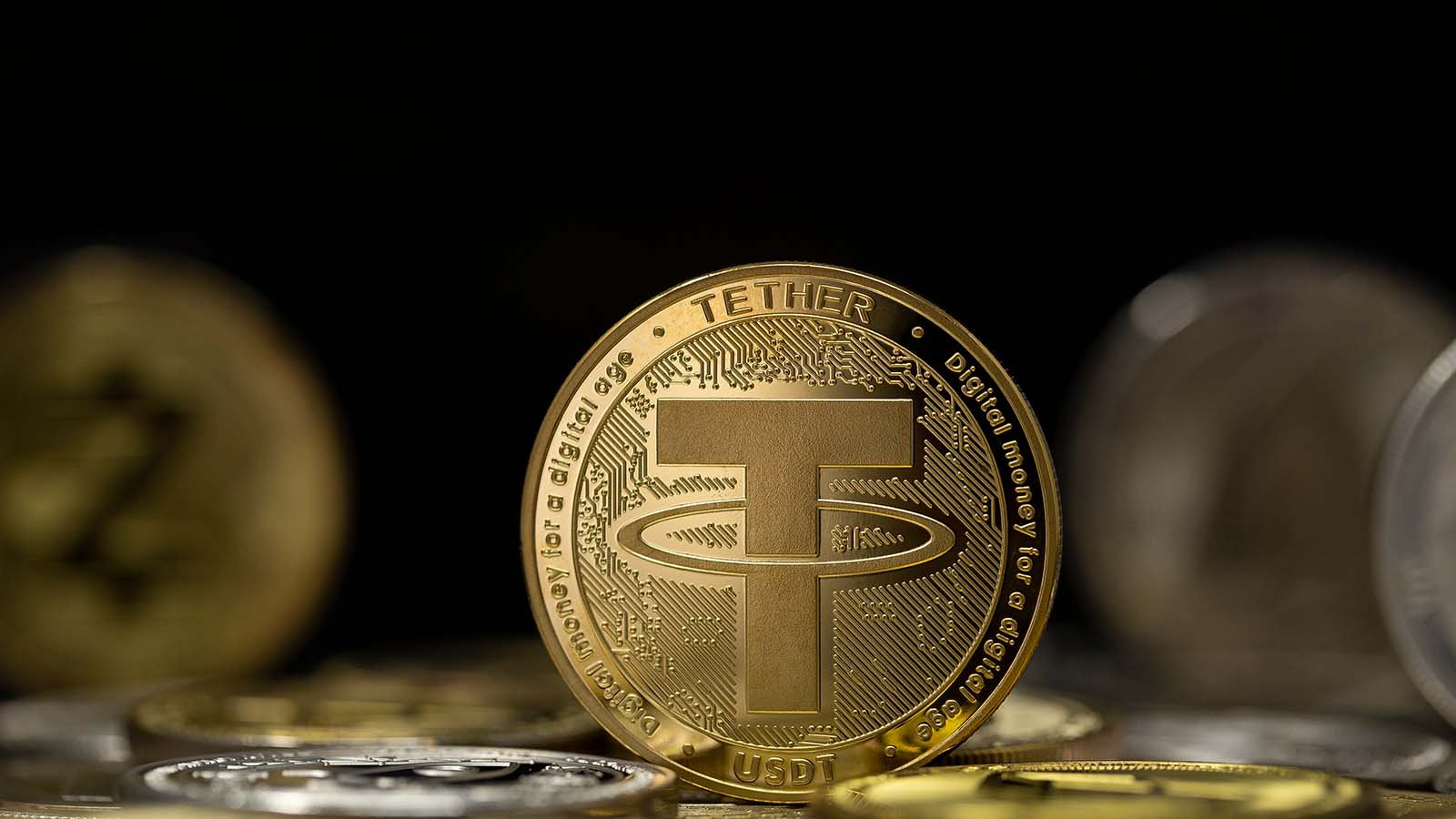
Source: DIAMOND VISUALS / Shutterstock.com
Crypto sanctions are the new hot talking point this year as the U.S. Treasury cracks down on projects it believes are damaging U.S. investors. Tornado Cash is the biggest project to fall under this government microscope so far, accused of assuming a crucial role in the criminal underbelly of crypto. By many accounts, this move is not just controversial, but unconstitutional as well. Tether (USDT-USD) is the latest taking a stance against the decision. Not strangers to controversy either, the company’s developers aren’t going to bend the knee to the sanctions.
Really, Tornado Cash is becoming a martyr for the crypto privacy movement. The project is a crypto mixer; users pool together assets and the protocol mixes these tokens around, then redistributes them. This makes transactions far less traceable than typical crypto trades.
Although Tornado Cash had gotten along fine since launching in 2019, it came under increased scrutiny once politicians started to take an interest in crypto regulations. Officials like Senator Elizabeth Warren say that crypto is a world rife with crime; Warren accuses the market of being a haven for drug deals and ransom attacks. Tornado Cash is thus a tool of the criminal trade, allowing some to launder their ill-gotten gains and avoid authorities.
This is motivating regulators to move against Tornado Cash. The U.S. Treasury recently sanctioned the project, barring any investors or companies in the U.S. from working with it. The agency also blacklisted dozens of accounts associated with Tornado Cash. Authorities in the Netherlands even arrested developer Alexey Pertsev following the sanctions.
Tether Refuses to Accommodate Tornado Cash Sanctions
The sanctions against Tornado Cash have uncorked a vehement reaction from the crypto community. Many say that the punishment violates First Amendment rights; a 1996 Supreme Court case did indeed set the precedent that coding is protected as free speech. Now, Tether is not complying with the sanctions.
Tether is one of the largest projects on the crypto market. It also issues the largest stablecoin, USDT. As of yet, Tether has also refused to cease operations on Tornado Cash. Rather, it has been operating as if the news never broke, sending any transactions through Tornado Cash that users want it to.
Apparently, regulators have not reached out to Tether regarding the sanctions at all. And even if they did, the company asserts it has no obligation to obey. Chief Technology Officer Paolo Ardoino says Tether “does not operate in the United States or onboard U.S. persons as customers,” making it exempt from sanctions. This is obviously a huge deal, since Tether has such massive sway as the largest stablecoin operation.
Of course, Tether is not new to stoking the ire of the U.S. government. In 2021, the New York State Attorney General forbid New Yorkers from trading Tether; the ban came after an investigation revealed that Tether was misleading investors regarding the state of its reserve backing.
An anonymous source at the Treasury’s Office of Foreign Assets Control (OFAC) says that Tether is teetering on a thin line with its comments. “Right now, it’s a particularly bad time for any crypto-related company to [test the OFAC],” the former official told The Washington Post. Investors will have to sit back and see whether this source is correct.
On the date of publication, Brenden Rearick did not hold (either directly or indirectly) any positions in the securities mentioned in this article. The opinions expressed in this article are those of the writer, subject to the InvestorPlace.com Publishing Guidelines.
This news is republished from another source. You can check the original article here



